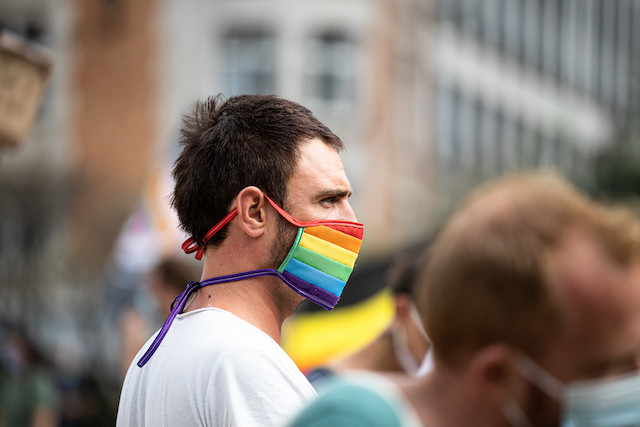According to the EU, 43% of LGBT people felt discriminated against in 2019 (up from 37% in 2012), even as 76% of EU citizens now claim they want to see the same rights applied to the community as heterosexual people have (versus 71% in 2015).
In Thursday’s press statement, the Commission stated, “The covid-19 crisis has brought new pressures for the most vulnerable groups, and LGBTIQ people are no exception.”
The strategy, which had been announced by Commision president Ursula von der Leyen in her 2020 state of the union address, sets out objectives for 2020-2025 around four pillars.
The first is tackling discrimination, with the Commission set to conduct a stocktaking exercise especially focused on employment, while a report on the employment equality directive is set for publication in 2022. The Commission adds that it will also “specifically address the risk of bias and discrimination inherent in artificial intelligence (AI) systems”.
The EU also wants to ensure safety and plans to present a 2021 initiative which would extend the EU crime list to include hate speech targeted at the LGBTIQ community.
Protecting “rainbow families” is another priority, as the Commission seeke to recognise the gap across various member states in recognising LGBTIQ families.
Finally, the Commission aims to support equality actions under different instruments and funds in order to integrate equality for LGBTIQ communities around the world.
Commissioner for equality Helena Dalli said the move sets “an example to follow… everybody in the European Union should feel safe and free without fear of discrimination or violence on the grounds of sexual orientation, gender identity, gender expression or sex characteristics.”
